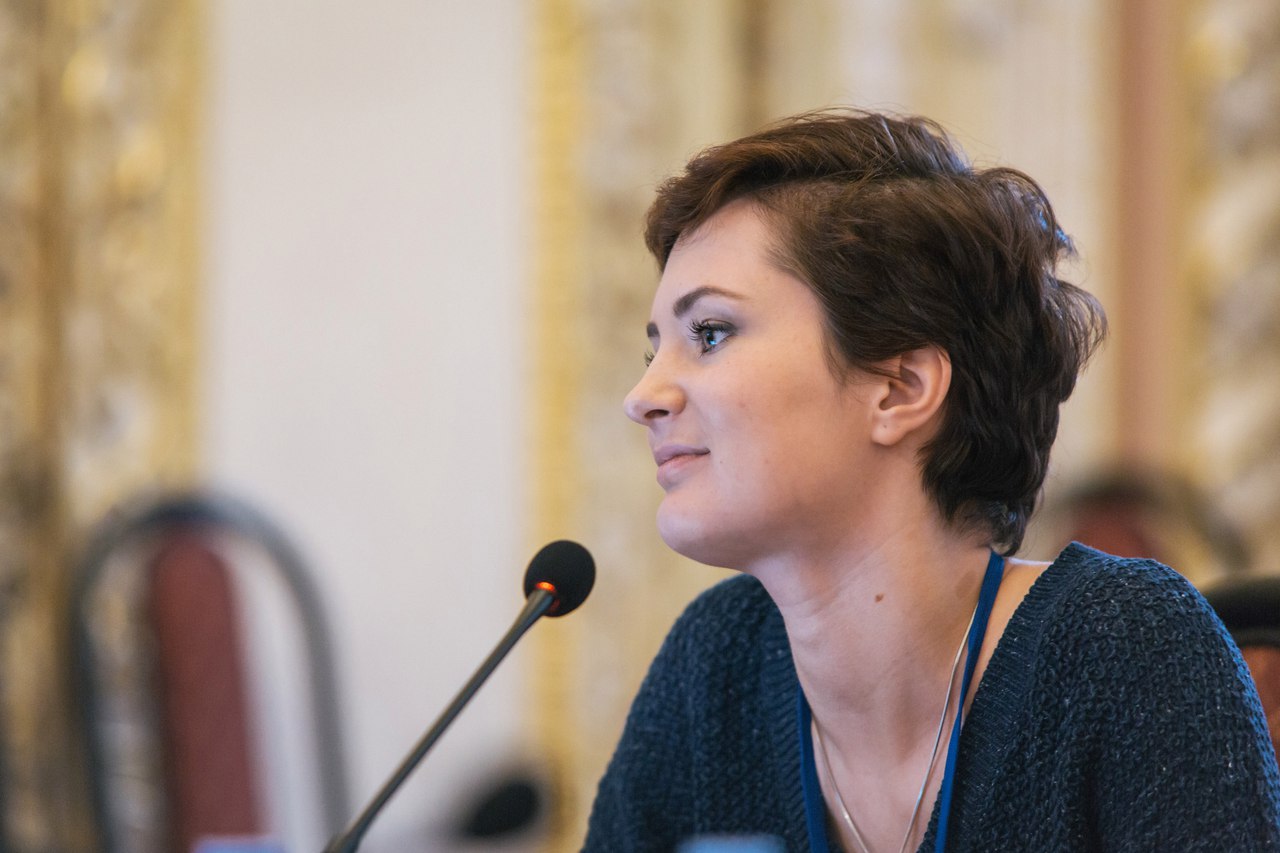
Anastasiya Halauniova
Amsterdam University
-
- Research topic:
- Aesthetic Valuation and Aesthetic. Transformations of Architecture in Cities with a Repossessed Past in Poland and Lithuania
- Period:
- October 2019

Amsterdam University
Anastasiya is a Ph.D. candidate at cultural sociology program group at the University of Amsterdam. She received her M.A. in sociology at the European University at St. Petersburg (Russia), conducting a research on the disciplinary practices of bottom-up recycling networks and commodification of waste. Her PhD dissertation 'Urban Aesthetics in Post-Repossessed Cities with German Past: Practices of Assessing and Producing Aestetic Properties of Architecture" follows the practices of doing 'beautiful' and 'ugly' architecture, and the effects that aesthetic appreciations and experiences produce on architects, planners, city officials and activists. Her research interests lay at the intersection of cultural sociology, urban studies and science and technology studies.
What can urban aesthetics and design, the way it is perceived, experienced and produced, tell us about urban political regimes and imaginaries? When it comes to architecture and built environment, how "historical" becomes "authentic" and therefore - "beautiful", and does "beautiful" have a political connotation? Why pavement stone, socialist concrete blocks and brick color become the major sites of contestation and public concern in particular post-repossessed cities? To understand the relationships between urban matters, their aesthetic properties and political imaginaries they sustain or subvert, one needs to understand what exactly is aesthetic valuation of some-thing. The project by Anastasiya Halauniova questions how ‘knowing’, ‘testing’ and ‘sensing’ what is historical, authentic, modern, european are done by various city professionals in two post-repossessed cities, Wroclaw in Poland and Klaipeda in Lithuania.